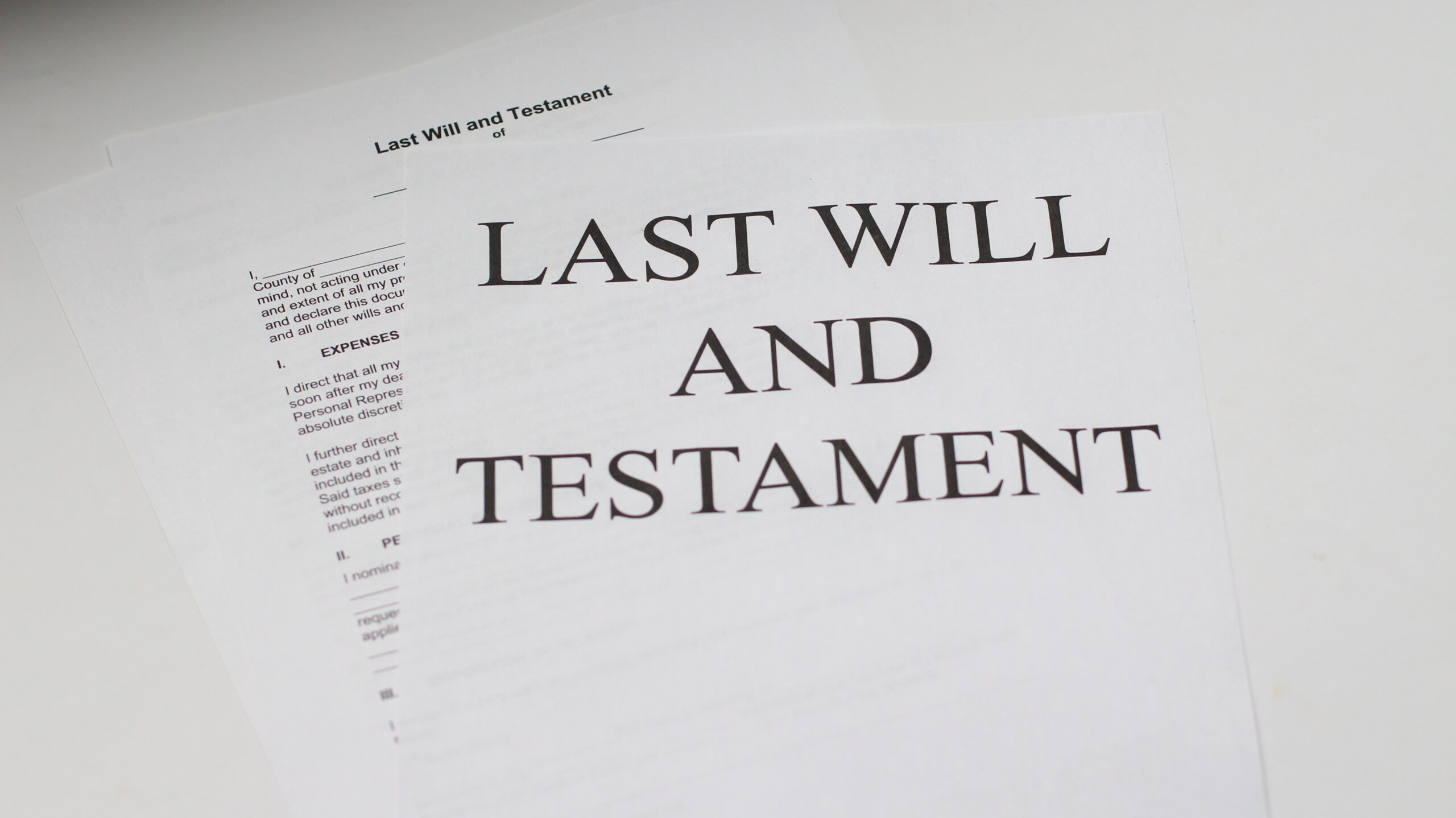On behalf of The Law Office of Wickersham and Bowers posted in Estate Planning on Tuesday February 21st, 2023.
Drafting a will is not an easy task. There are many mistakes that can invalidate your will. Since a will acts as your last message towards your family, it is essential to ensure that it is written carefully, leaving no room for confusion. Listed below are some common mistakes people may make while writing their will.
A Holographic Will
Some states consider a holographic will valid, but most do not. It is a handwritten will without any witnesses. You can create this will if it is acceptable in your state, but make sure to research first. Florida neither recognizes nor permits holographic wills.
Having Previous Wills
You may change your will multiple times during your life because of changing circumstances. But make sure that you destroy every copy of your previous will whenever you draft a new one. Having previous wills can cause many troubles for your family.
Insufficient Testamentary Capacity
Testamentary capacity means the mental capability of the testator to create a will. Most states have a competency test that must be passed to be eligible to write a will. It includes understanding your relatives, the property you own, your selected beneficiaries, and what the will says and means.
Having mental impairments, e.g., dementia or any other disorder, can invalidate the will. If it is suggested that you do not have enough testamentary capacity, make sure that you and your attorney have proper proof of your mental health, including reports and tests.
Fraud or Undue Influence
If the will is created through undue influence or fraud, the court immediately invalidates it. Common fraud situations include getting a fake will signed by the testator without their knowledge or a nonfamily member forcing the testator to make them a part of the inheritance.
Not Following State Laws
Many states have different requirements and languages to create a will. You must abide by all the guidelines to make sure that it is not invalidated. Following the law is an essential part of writing your will. The mandatory information in a will usually includes a statement from the testator, a list of all the heirs, and the personal representative.




